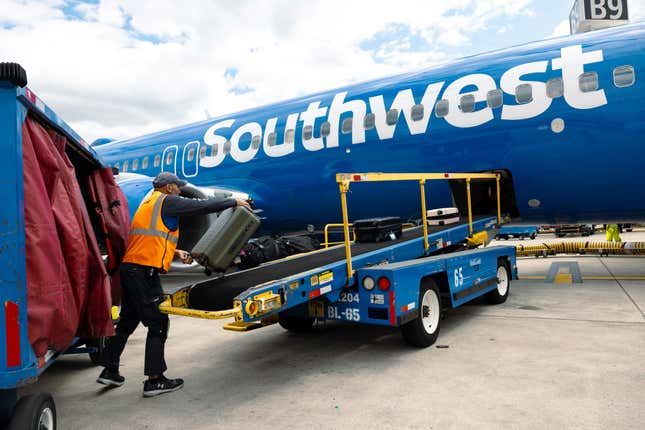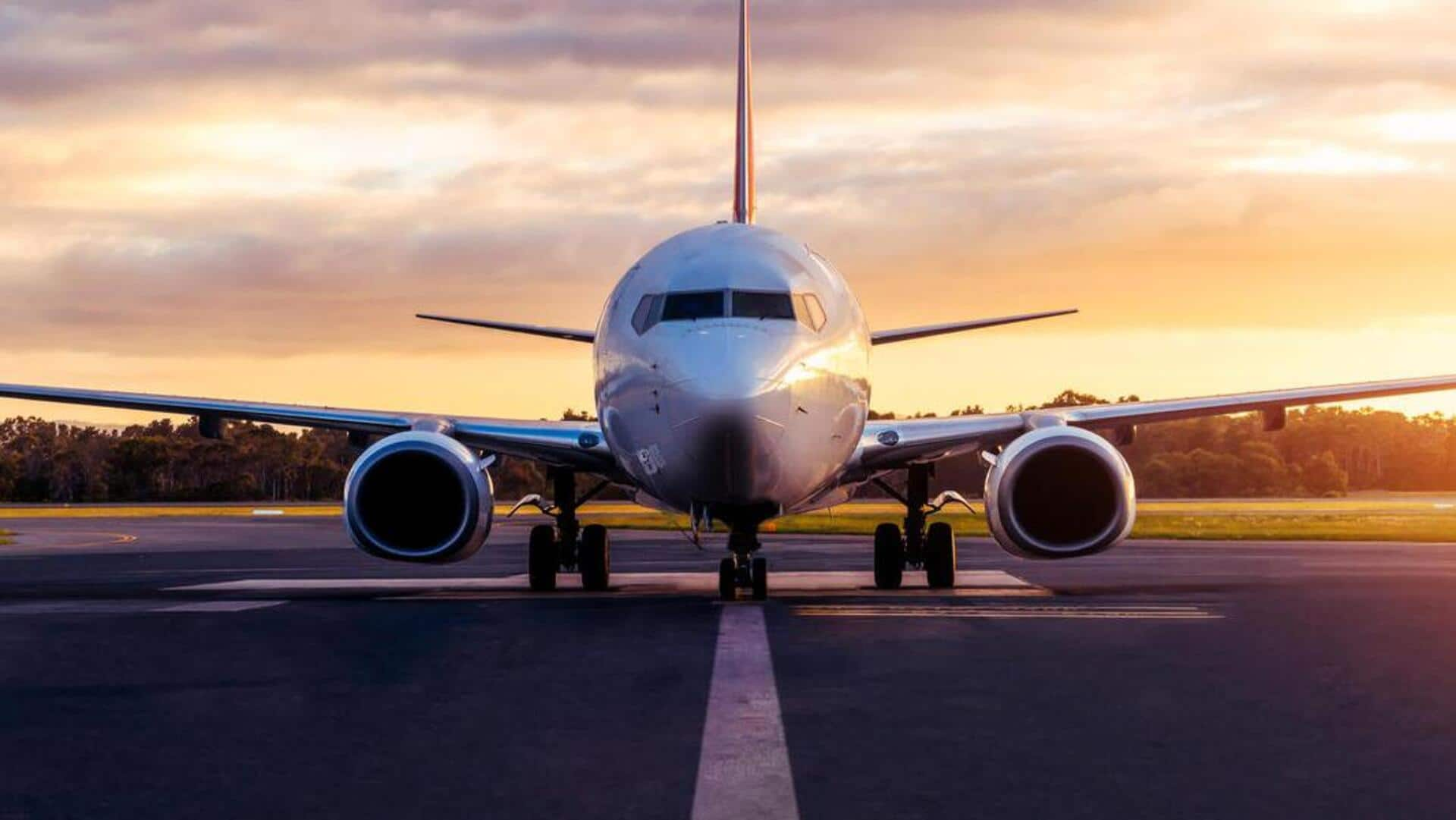
In This Story
Southwest Airlines (LUV+0.01%
“By retaining wages earned beyond the timeframes set by NYLL § 191, Defendant benefitted from the time value of money and the free use of such funds at the expense of Plaintiffs and class members,” reads the complaint, which was filed in the federal Eastern District of New York. “For example, during the interval of delayed wage payments, Defendant was free to utilize those funds to pay for business expenses and/or accrue interest on those funds in its business accounts.”
The statue in question, section 191 of New York’s labor law, specifies that “a manual worker shall be paid weekly and not later than seven calendar days after the end of the week in which the wages are earned.” The plaintiffs in the suit say that, since they “spent or spend more than 25% of their time performing physical tasks, including lifting, loading, and unloading baggage and cargo; cleaning airplane lavatories; and assisting with snow removal,” they should be getting weekly pay. Not have that compensation cadence led to undue suffering.
One of the named plaintiffs said that he “would often delay purchasing groceries or gas, and when his car needed new brakes, he had to put off the repair until his next paycheck, leaving his family reliant on one car in the interim.” Another said that he “similarly found himself having to choose between purchasing groceries and purchasing gas.”
In a statement provided to Quartz, Southwest said “we’ll decline commenting on this pending litigation.”




